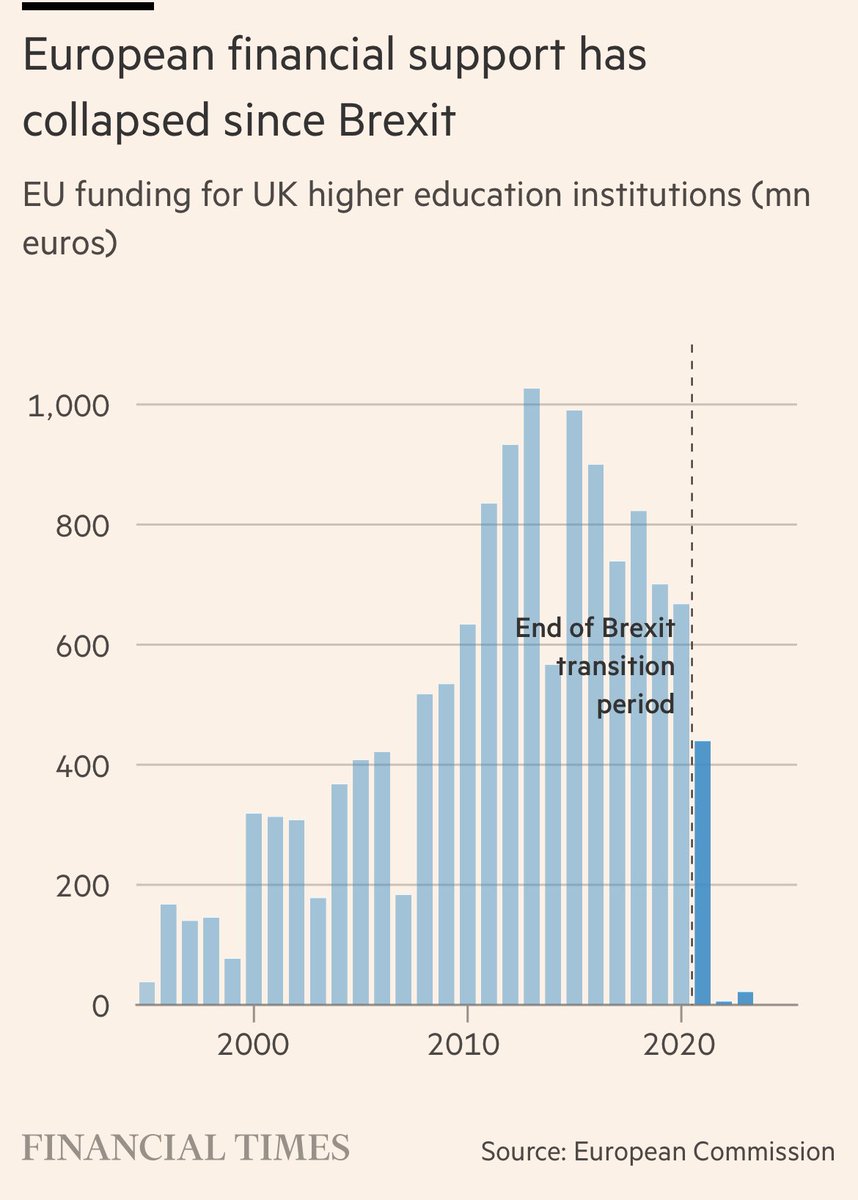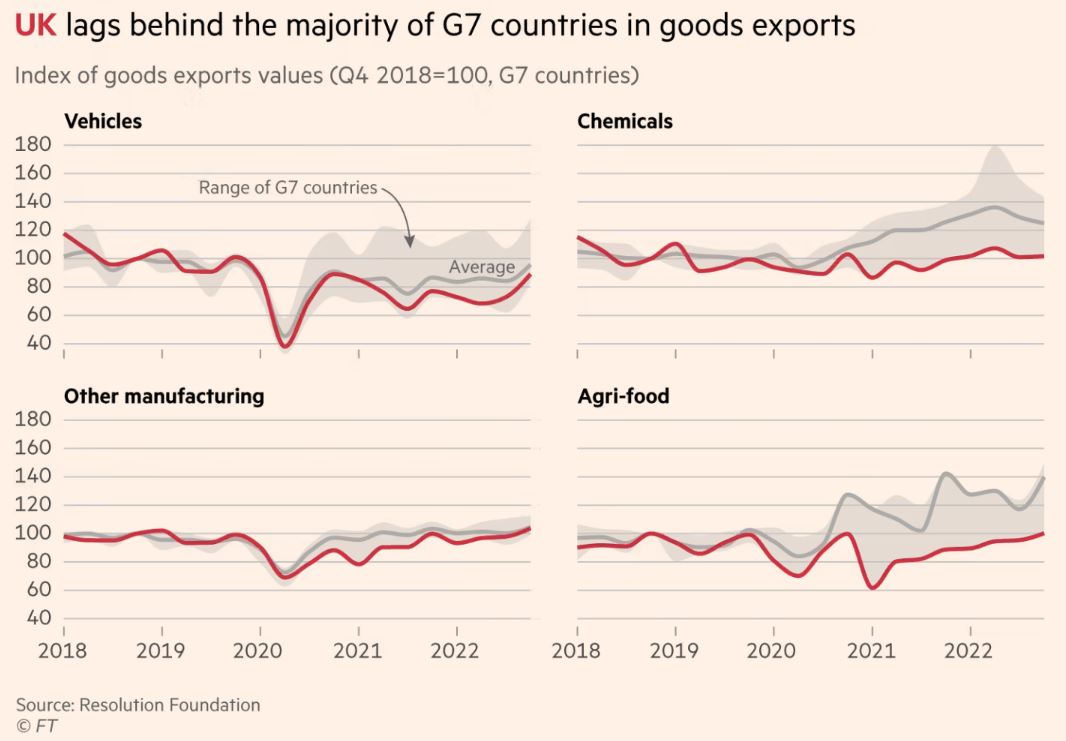🚨🍞🧅🍖🧀🐏🐂🐓🚨Q: are there enough vets to deal with Brexit food exports red tape after Jan 1??? Govt says yes...industry and vets not so sure. My latest via @FT 1/thread
on.ft.com/3kSmPUd
on.ft.com/3kSmPUd
@FT Why do we need vets? Because deal or no deal all agrifood produce going to EU (or NI) will need an "export health certificate"...that requires a 'wet stamp' from an Official Veterinarian at a cost of £200-£900. /2
@FT The government estimates that the number of EHCs could increase from 60,000 now to anywhere from 100,000 to 300,000 - that's a huge spread, and it speak to uncertainty on this issue. /3
@FT Last week Defra boss @MPGeorgeEustice told the Select Cmme that there was probably enough capacity. The top Defra civil servant Tamara Finkelstein said she was "confident" there would be enough to meet demand.
Watch here from 15.06 /4
parliamentlive.tv/Event/Index/ab…
Watch here from 15.06 /4
parliamentlive.tv/Event/Index/ab…
@FT @MPGeorgeEustice The government says that it has boosted the number of Official Veterinarians from 600 to 1,200 from since Feb 2019 and added more than 100 support officers.
It will also use govt vets from APHA to supplement if "push comes to shove" - though not clear what duties they'll drop/5
It will also use govt vets from APHA to supplement if "push comes to shove" - though not clear what duties they'll drop/5
@FT @MPGeorgeEustice So is that all good? Well, not according to the British Vet Association @simondocvet and its members who tell @FT that time is running out to prepare and the lack of clarity is raising real concerns in vet/meat industry. /6
@FT @MPGeorgeEustice @simondocvet .@dominicgoudie from @Foodanddrinkfed is similarly concerned as his members will need to get these 'wet stamps' and while there might be enough capacity in some parts of the UK it is NOT clear if that will create capacity where it is need. /7
@FT @MPGeorgeEustice @simondocvet @dominicgoudie @Foodanddrinkfed Secondly, the problem is that Official Veterinarians (OVs) are also regular vets - doing farm animals or small animals - so if they are pulled into certifying goods for trade, they will need to take time out from elsewhere. They can't be magicked out of thin air./8
@FT @MPGeorgeEustice @simondocvet @dominicgoudie @Foodanddrinkfed Then there is dispute about need. The Govt @MPGeorgeEustice estimates it will need "200 fulltime equivalent" vets, but experienced certification hands like @JasonAldiss reckon they'll need about 350 - truth is, its difficult to know. /9
@FT @MPGeorgeEustice @simondocvet @dominicgoudie @Foodanddrinkfed @JasonAldiss Then there is the question of how prepared industry is to export to the EU - so a lot of 'rest of world' agri exports are frozen. But not so for the EU...so that requires a different set of capacities. /10
@FT @MPGeorgeEustice @simondocvet @dominicgoudie @Foodanddrinkfed @JasonAldiss For example animals must be kept on the same farm for 40 days before slaughter; have valid TB test; be corralled separately in abattoirs...loads of other stuff that stakeholders are urgently seeking clarity on from Defra /11
@FT @MPGeorgeEustice @simondocvet @dominicgoudie @Foodanddrinkfed @JasonAldiss Couple of other takeaways
1. In this, as in so many sectors, its striking how little clarity industry has, and how hard it is to get firm predictions from govt or stakeholders about how it all goes down in Jan. Lots of unknowns. /12
1. In this, as in so many sectors, its striking how little clarity industry has, and how hard it is to get firm predictions from govt or stakeholders about how it all goes down in Jan. Lots of unknowns. /12
@FT @MPGeorgeEustice @simondocvet @dominicgoudie @Foodanddrinkfed @JasonAldiss Asking around @MPGeorgeEustice gets a better write up than a lot of ministers on #Brexit...seems to understand/care about and listen to the industry.
Fingers crossed for January!! ENDS
Fingers crossed for January!! ENDS
• • •
Missing some Tweet in this thread? You can try to
force a refresh















